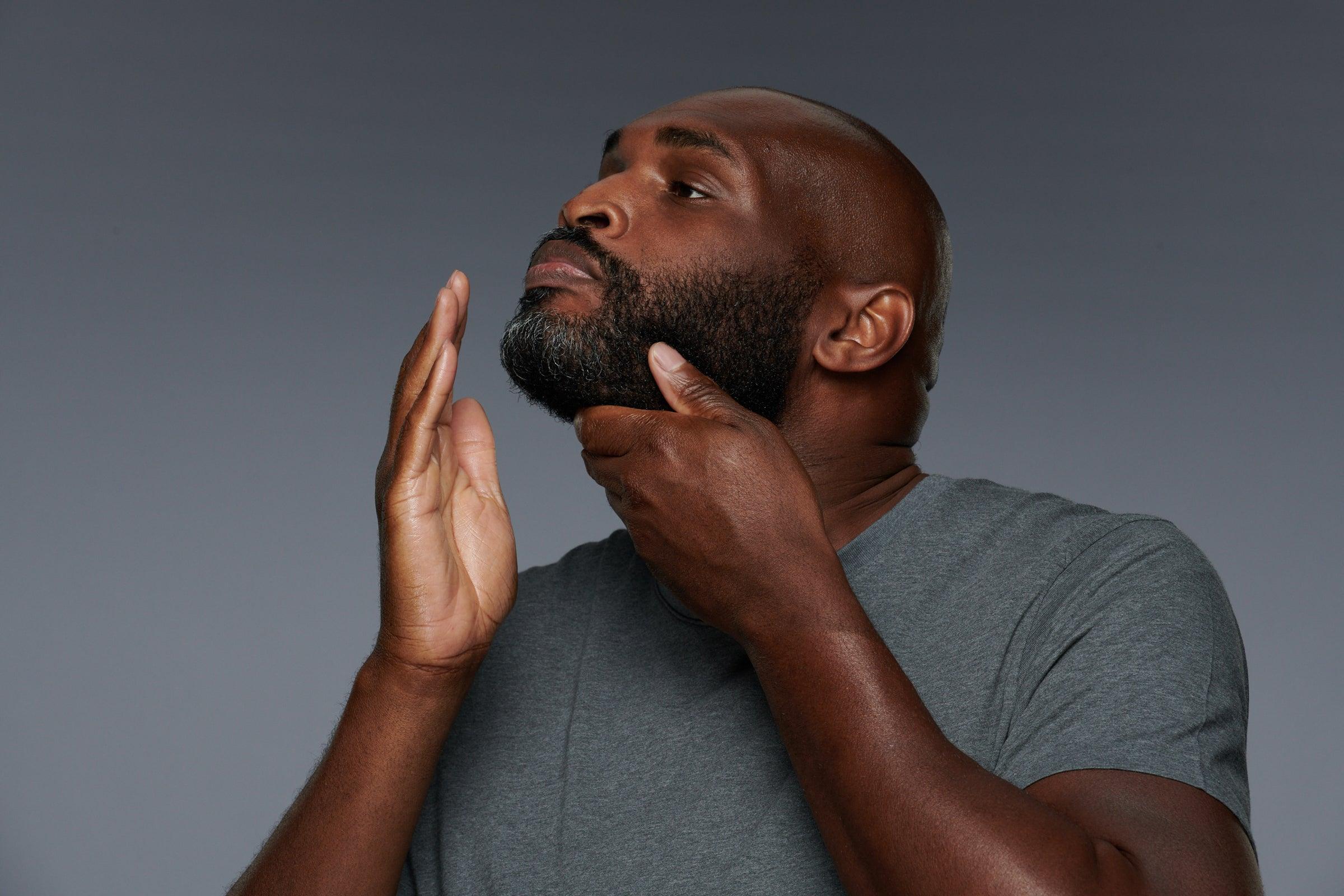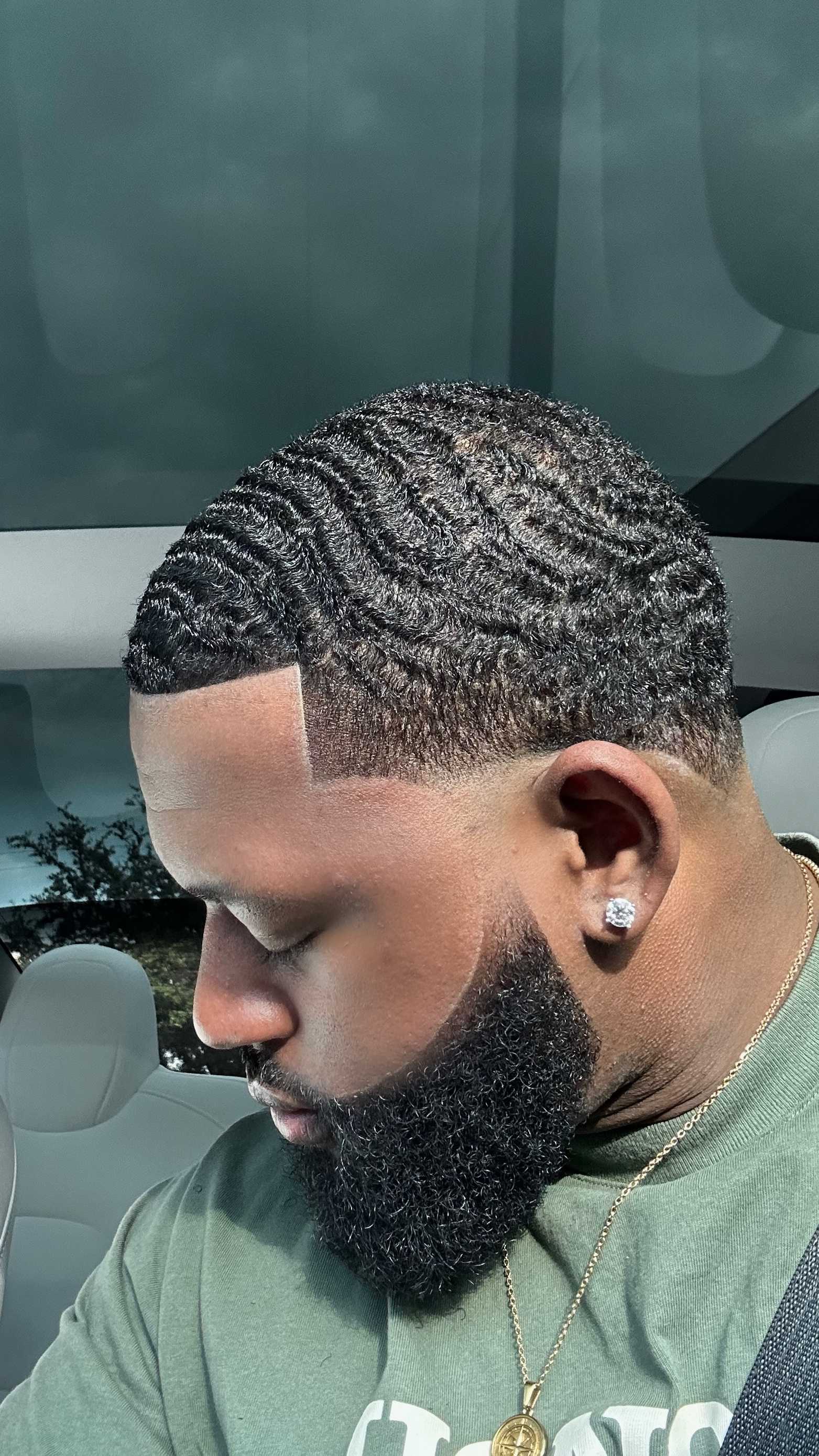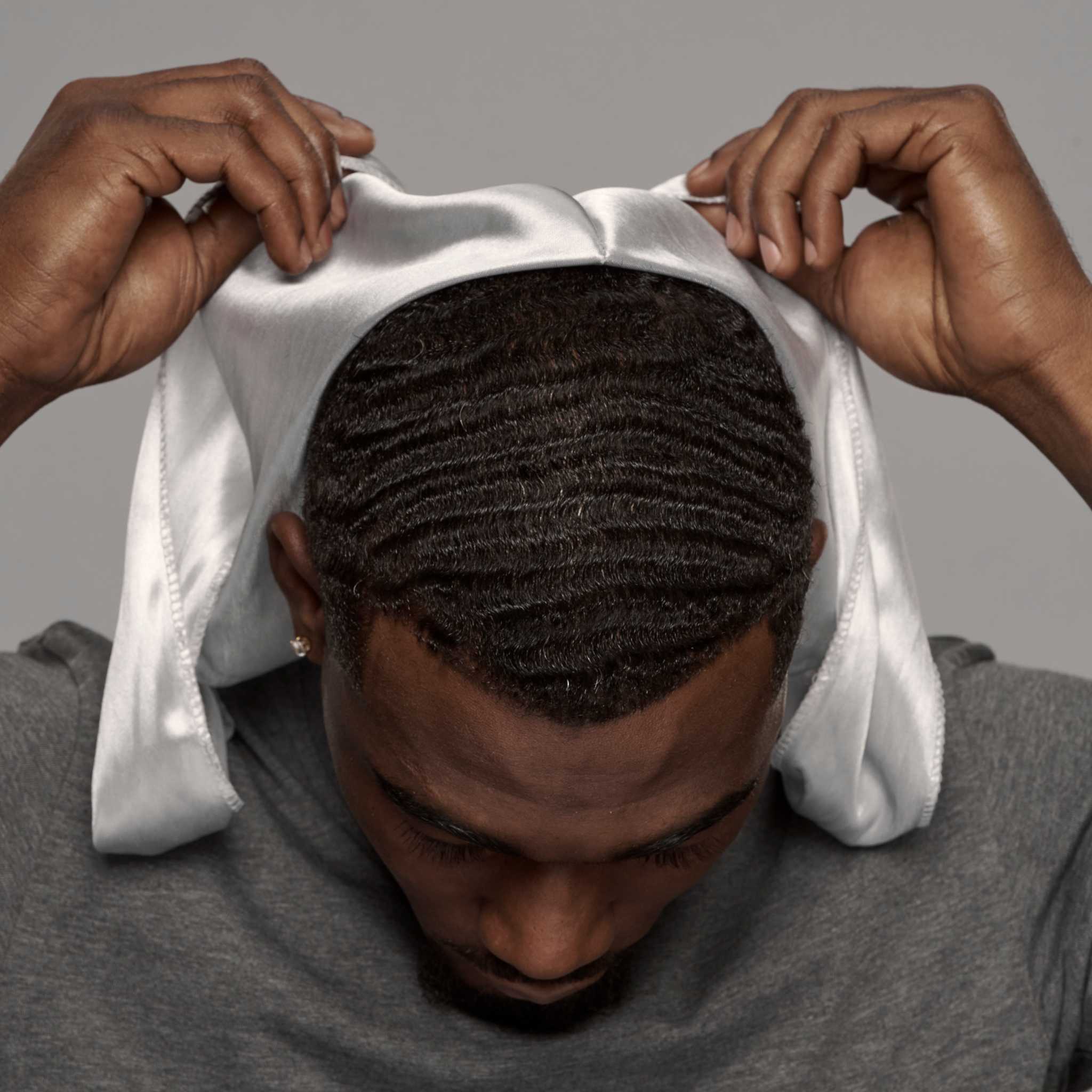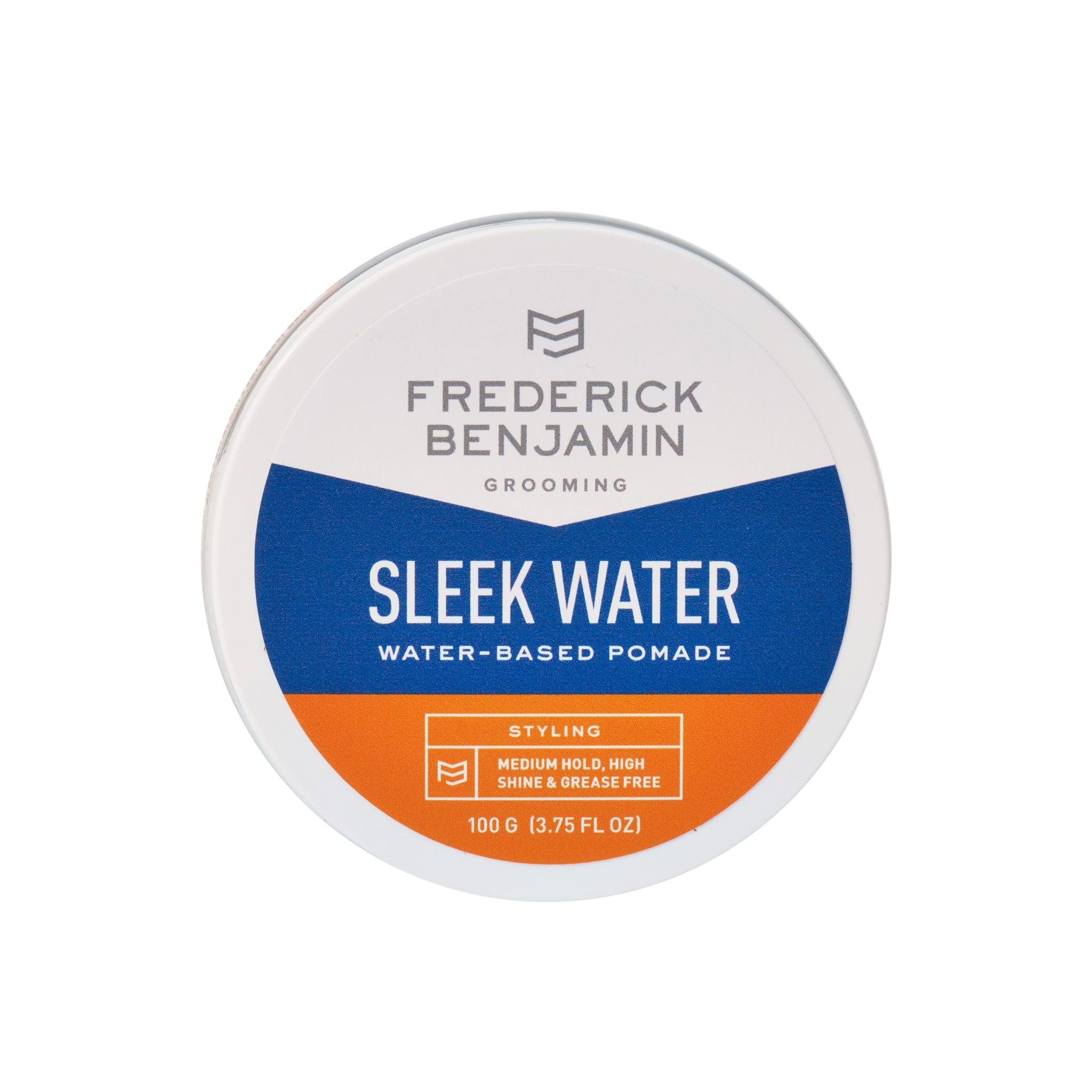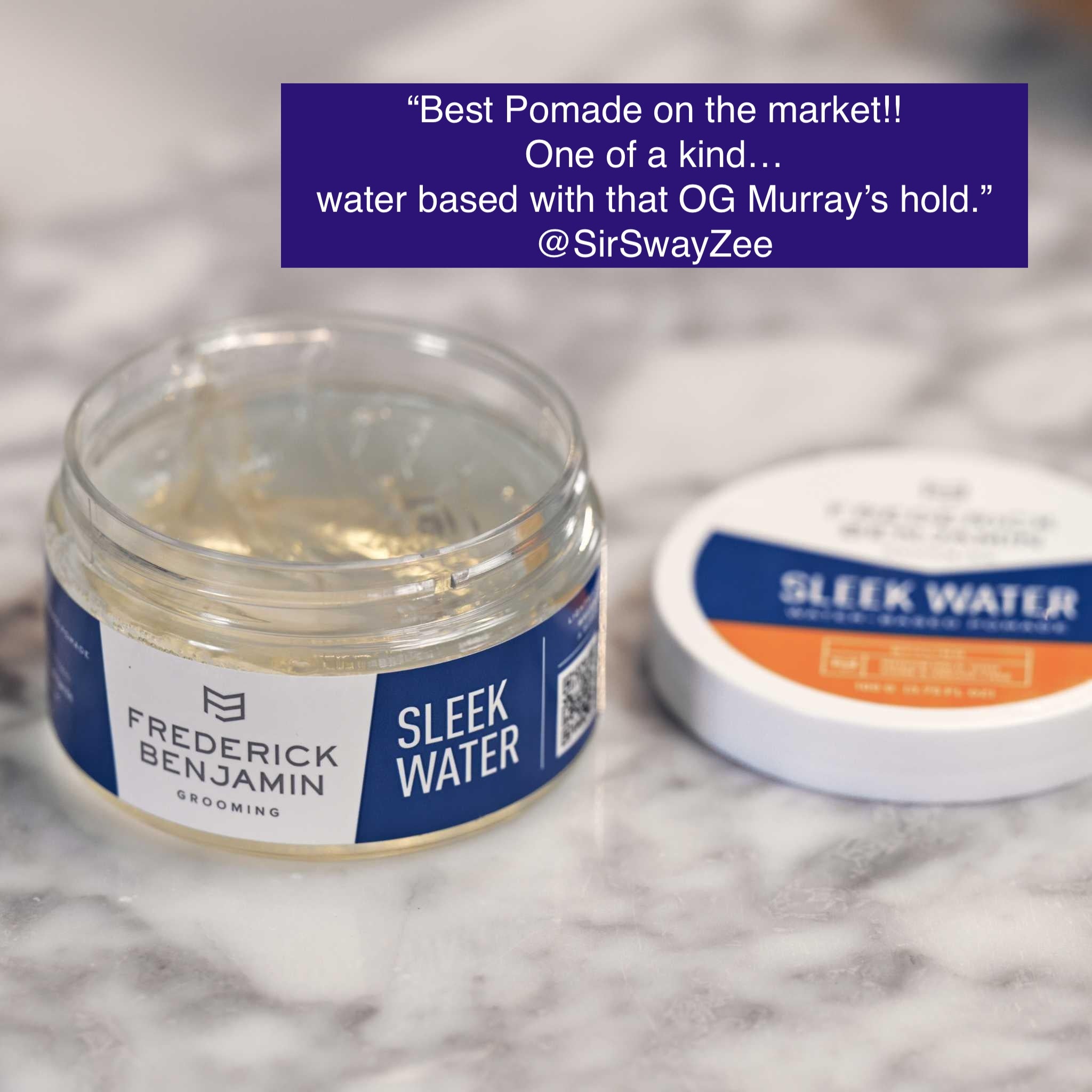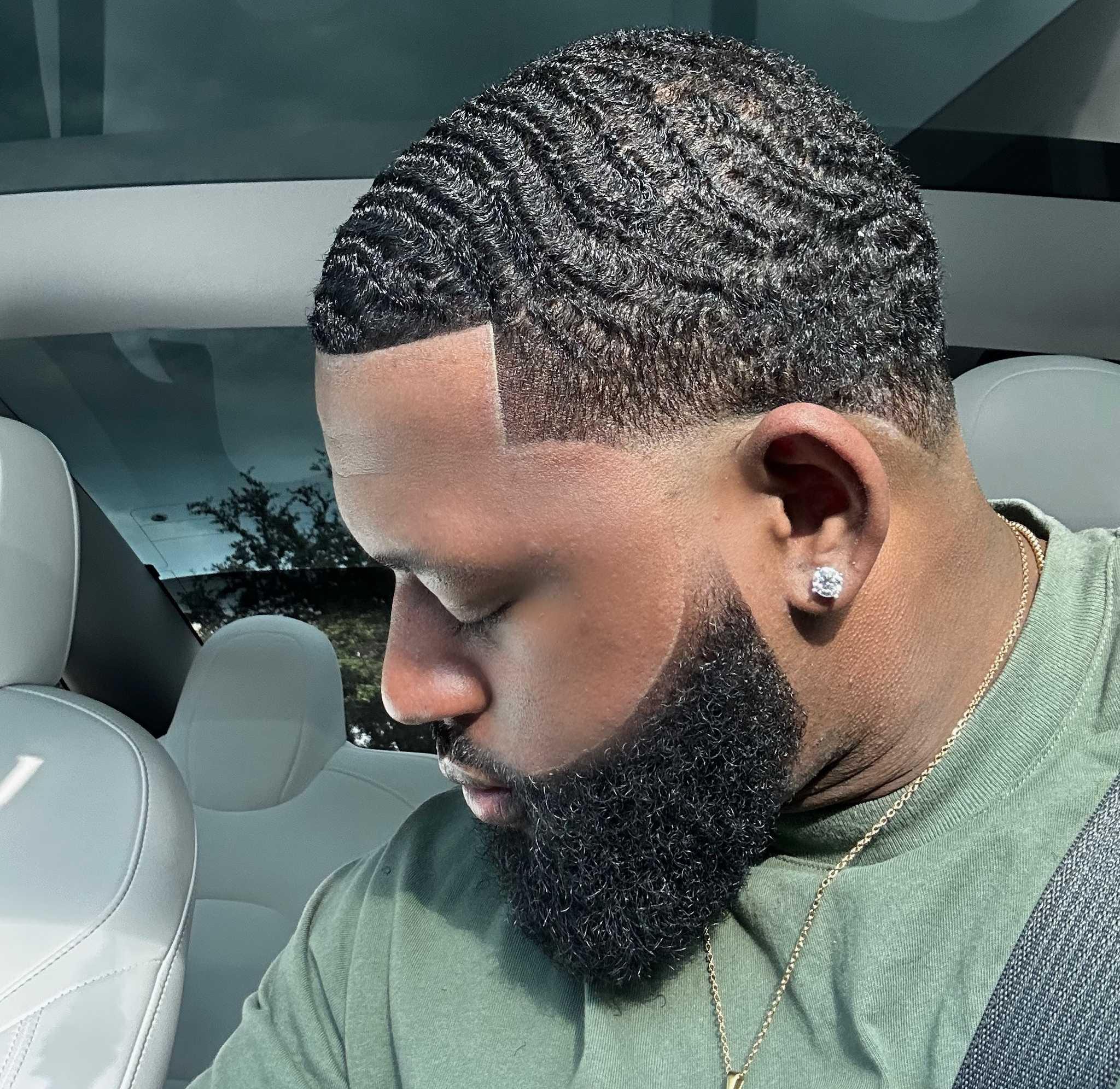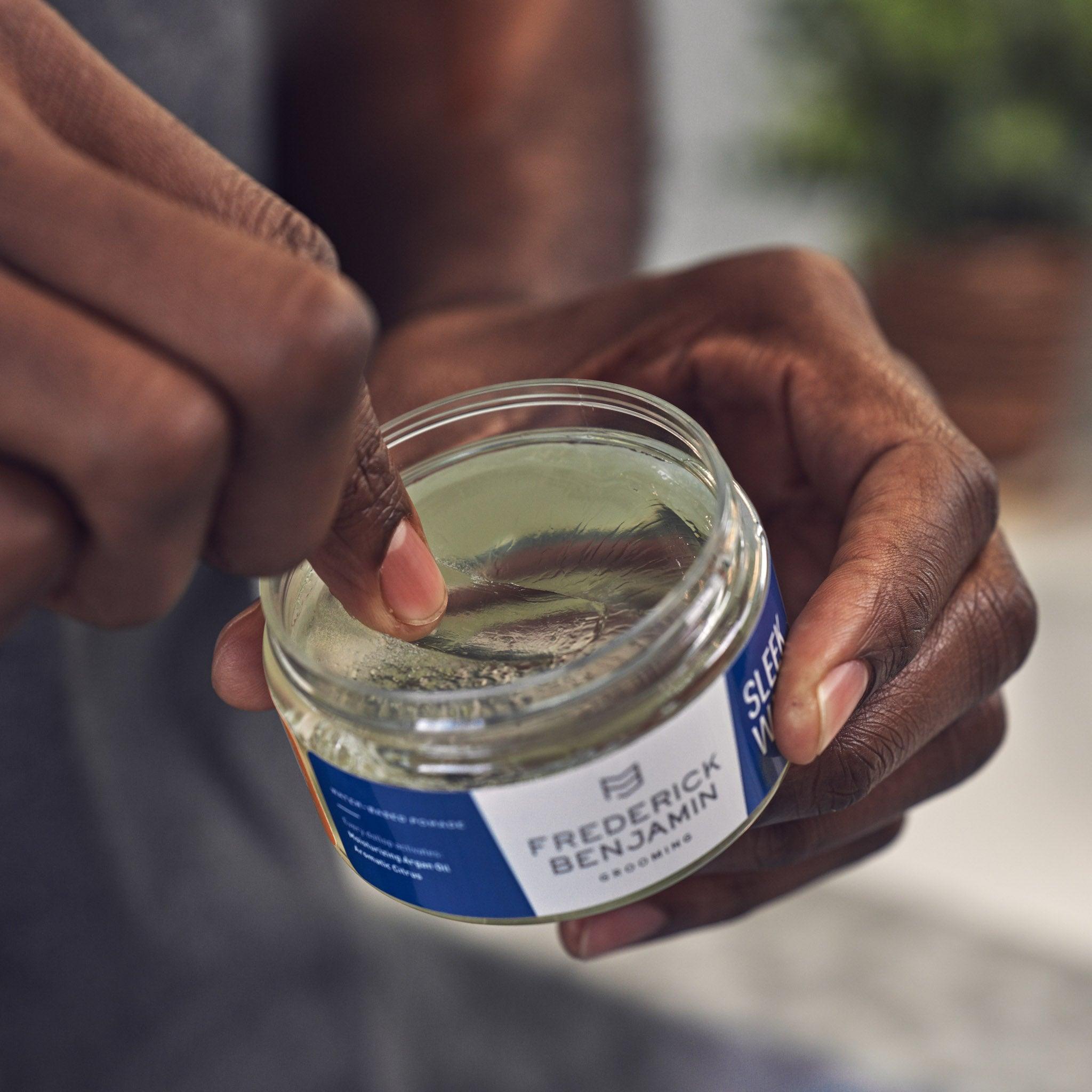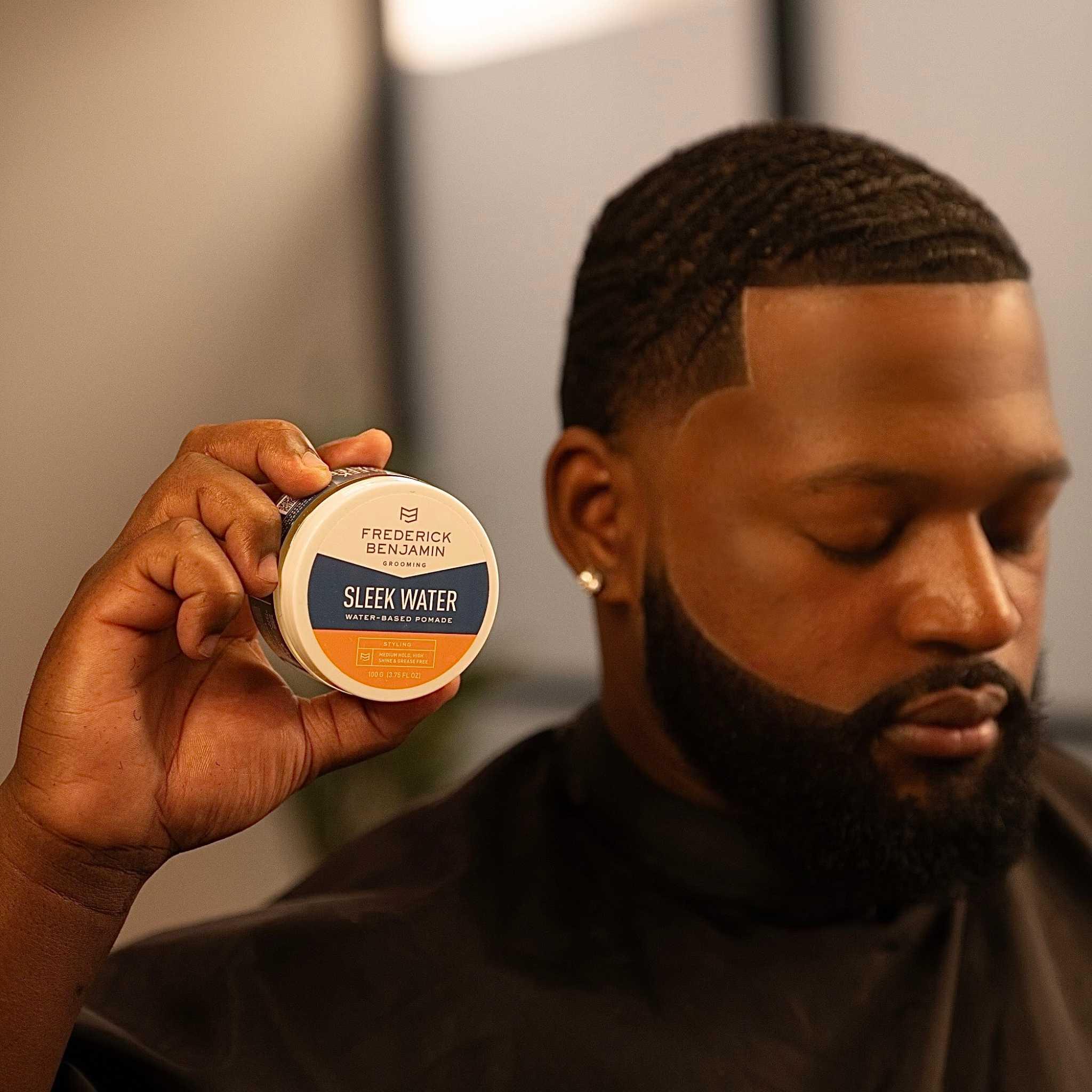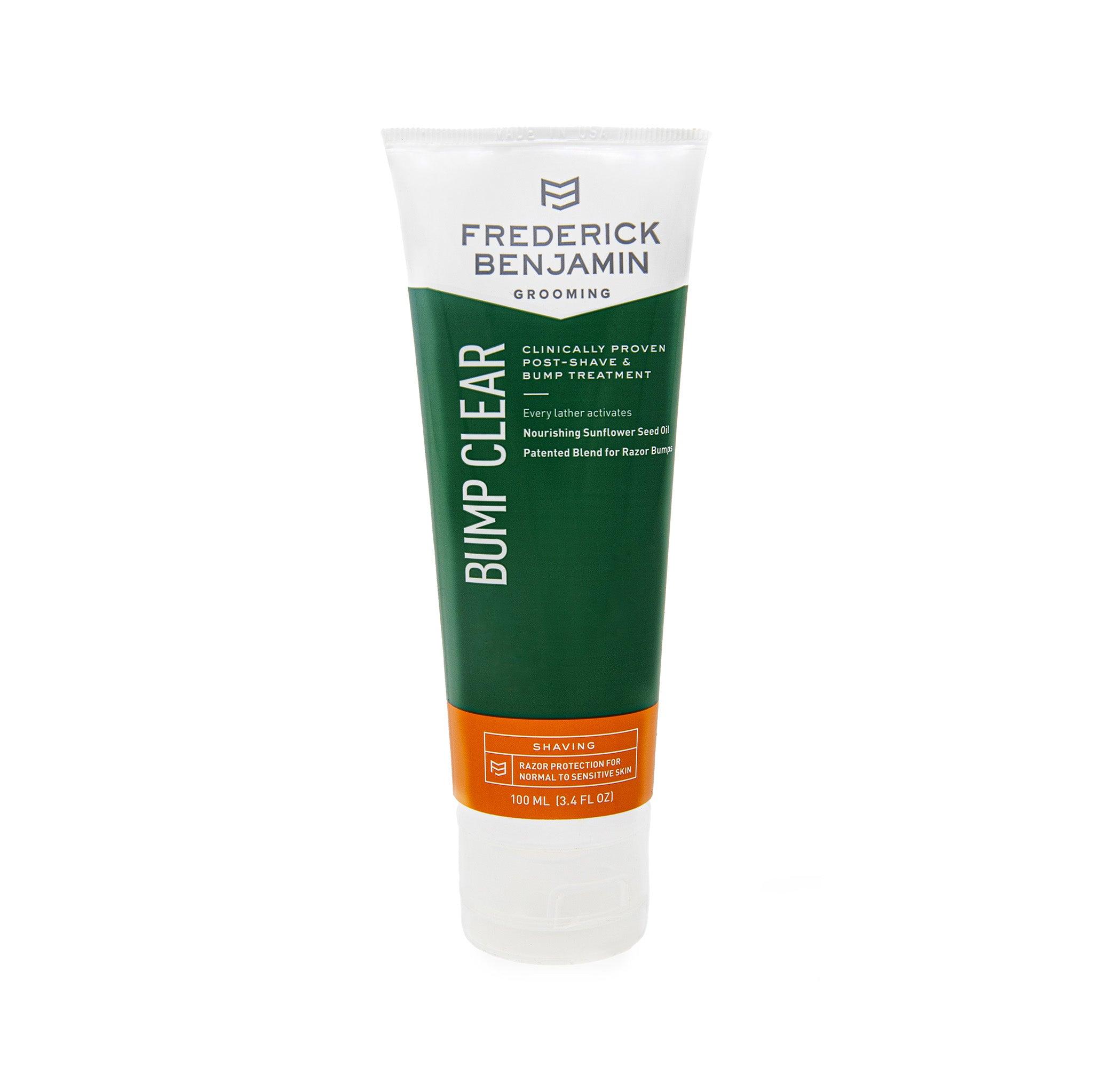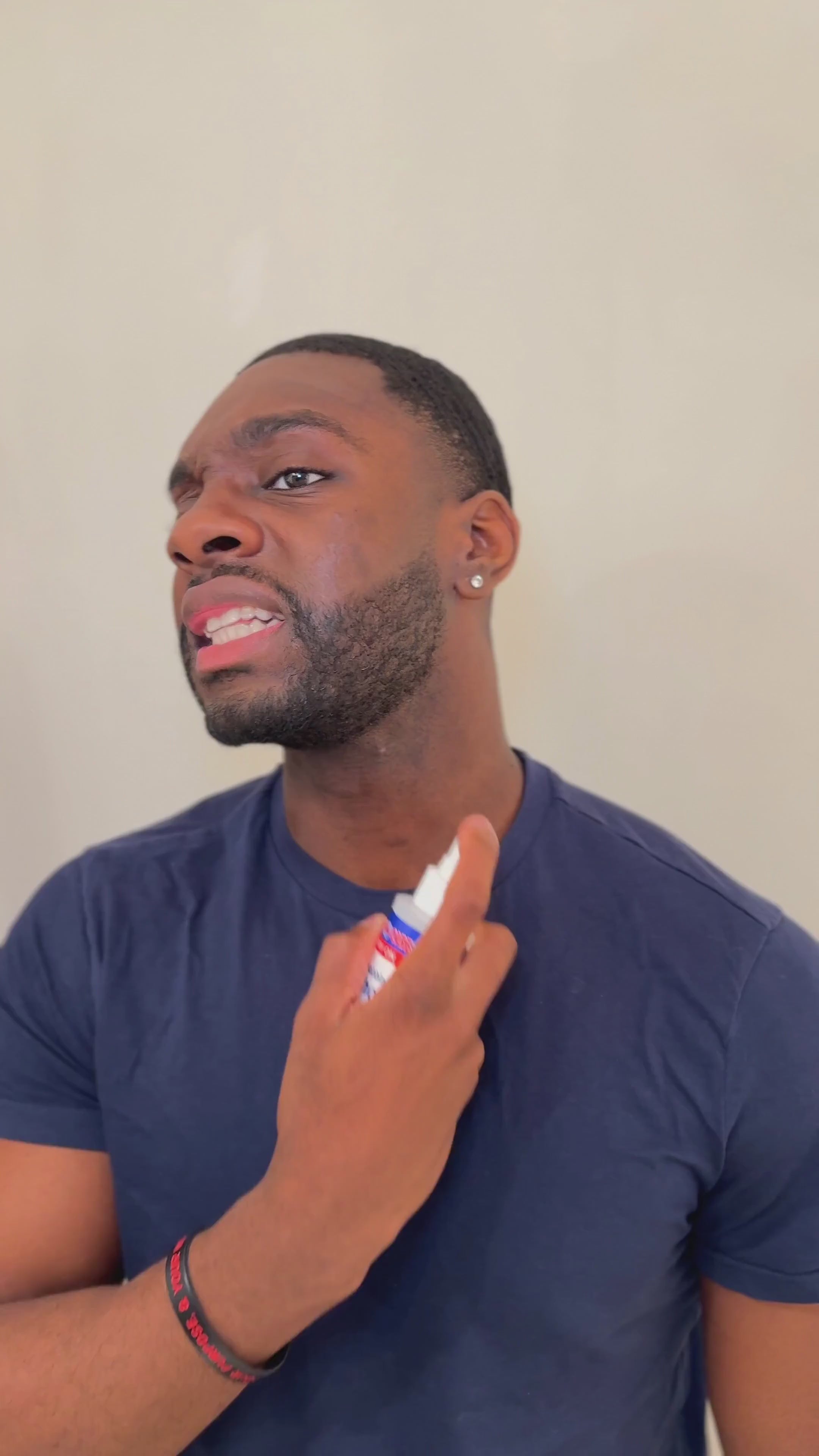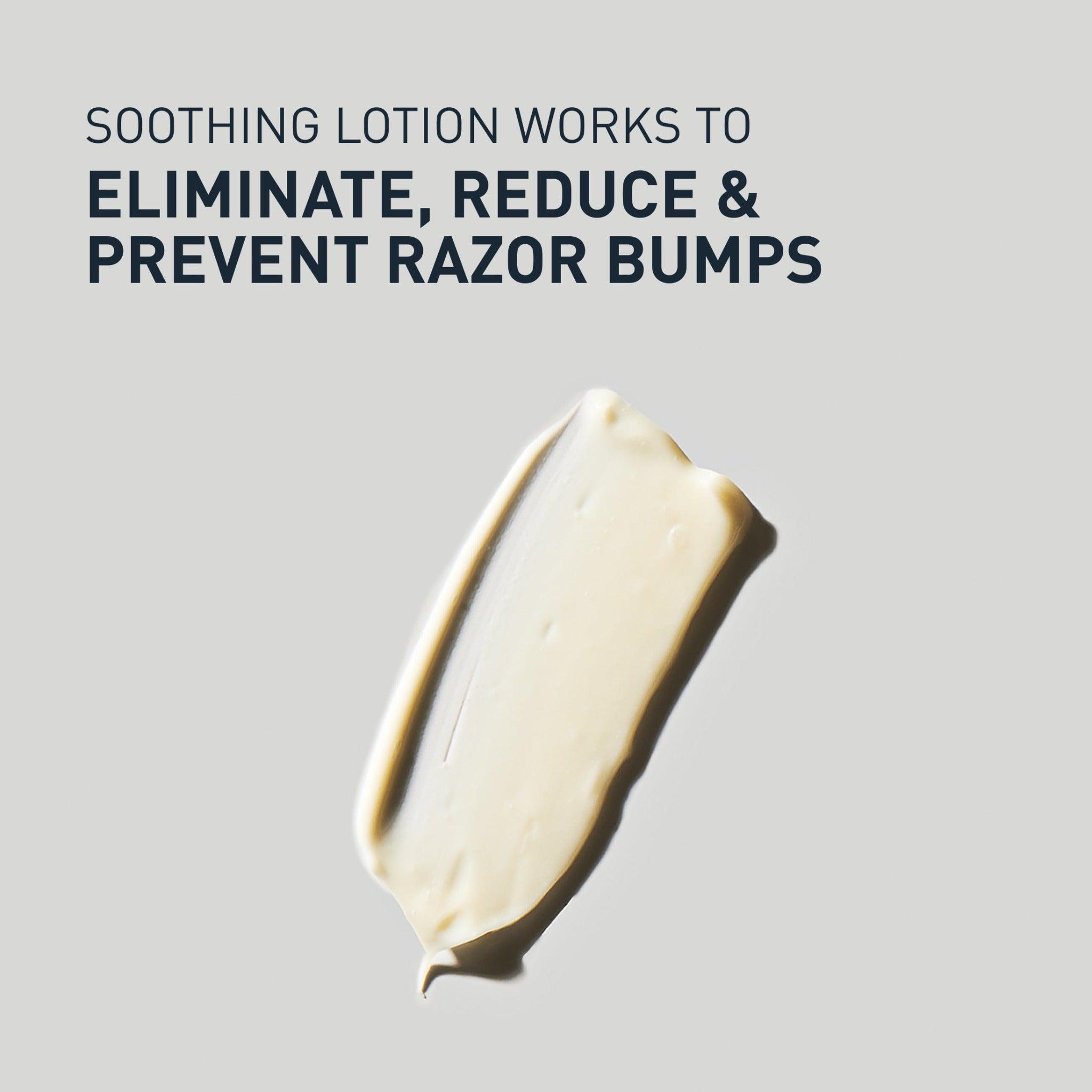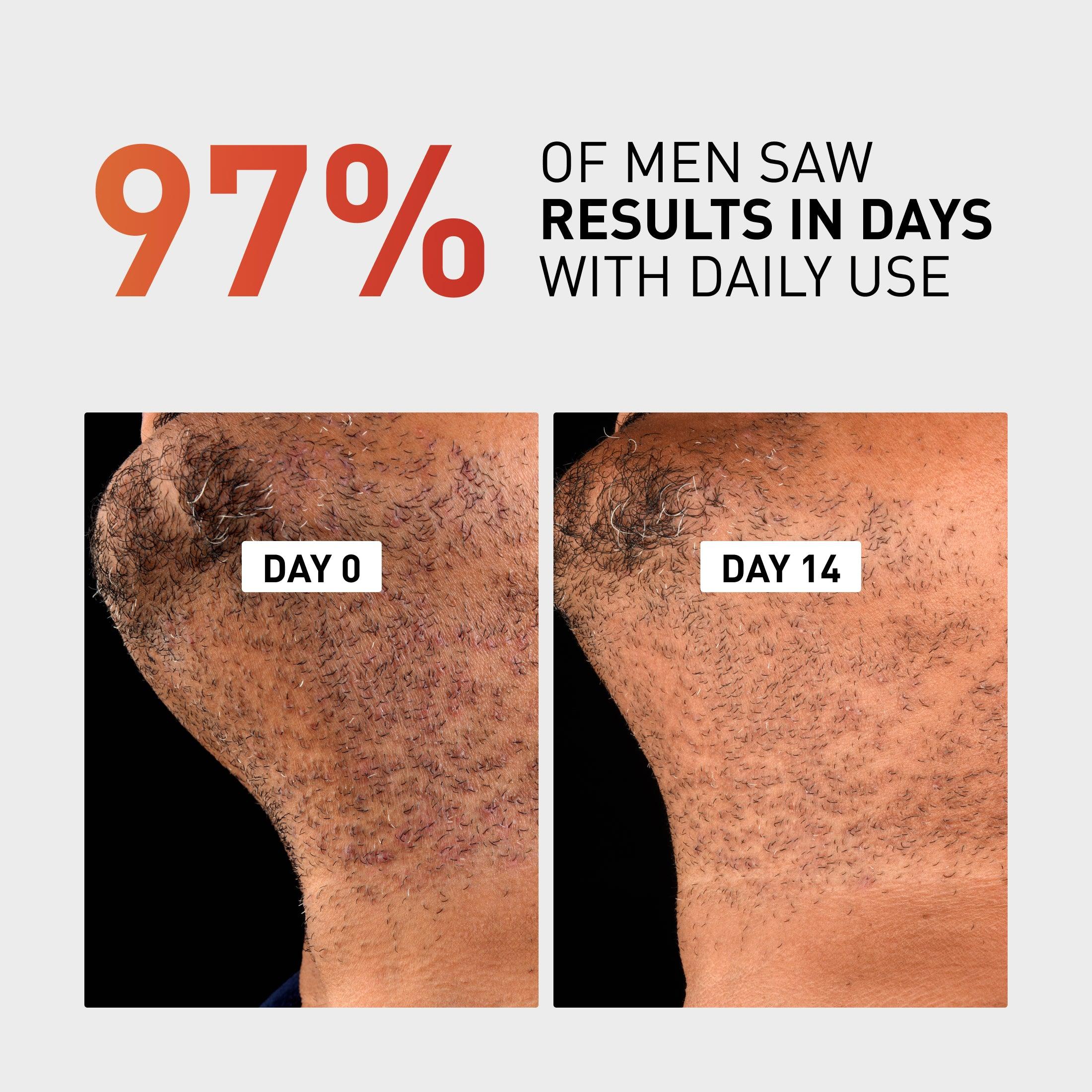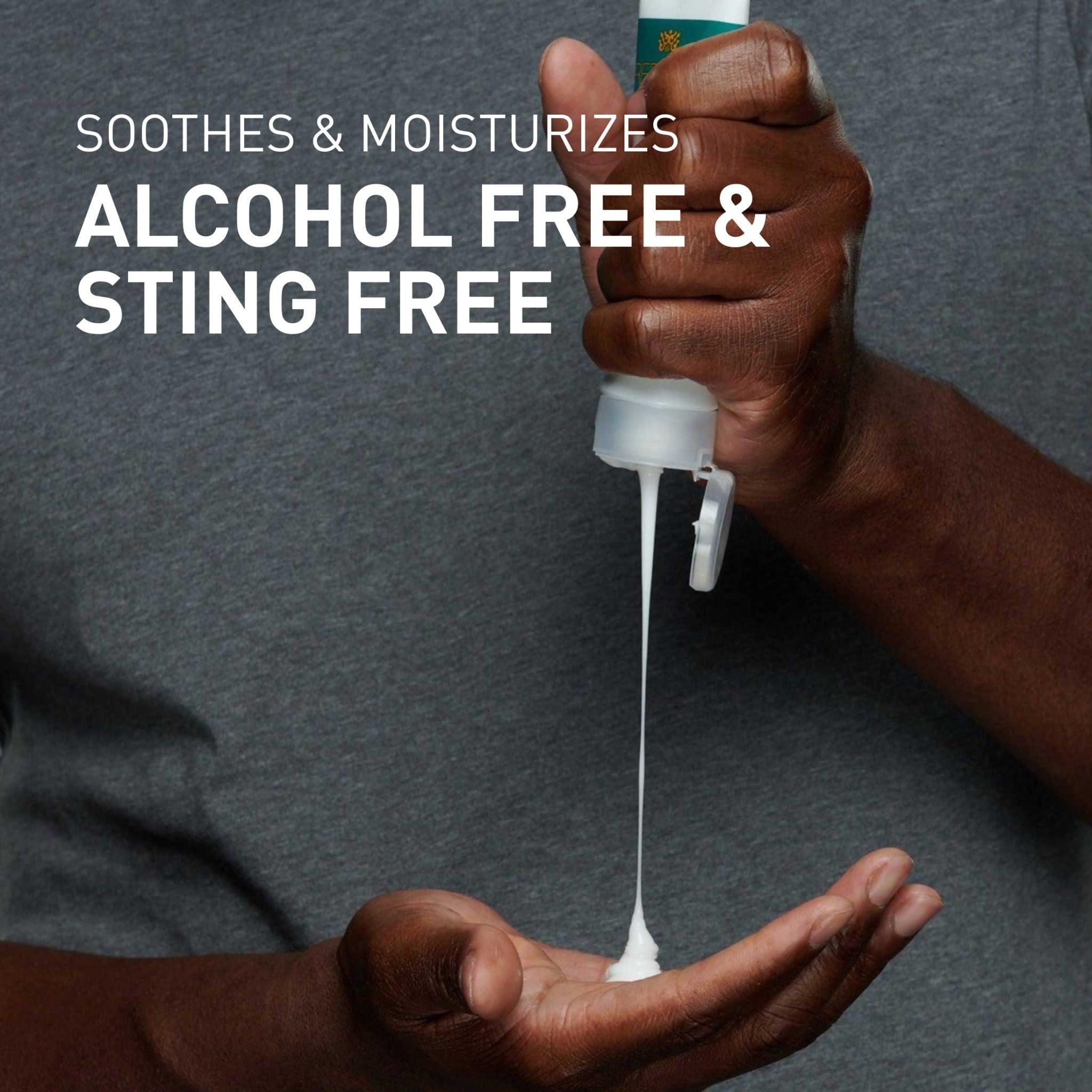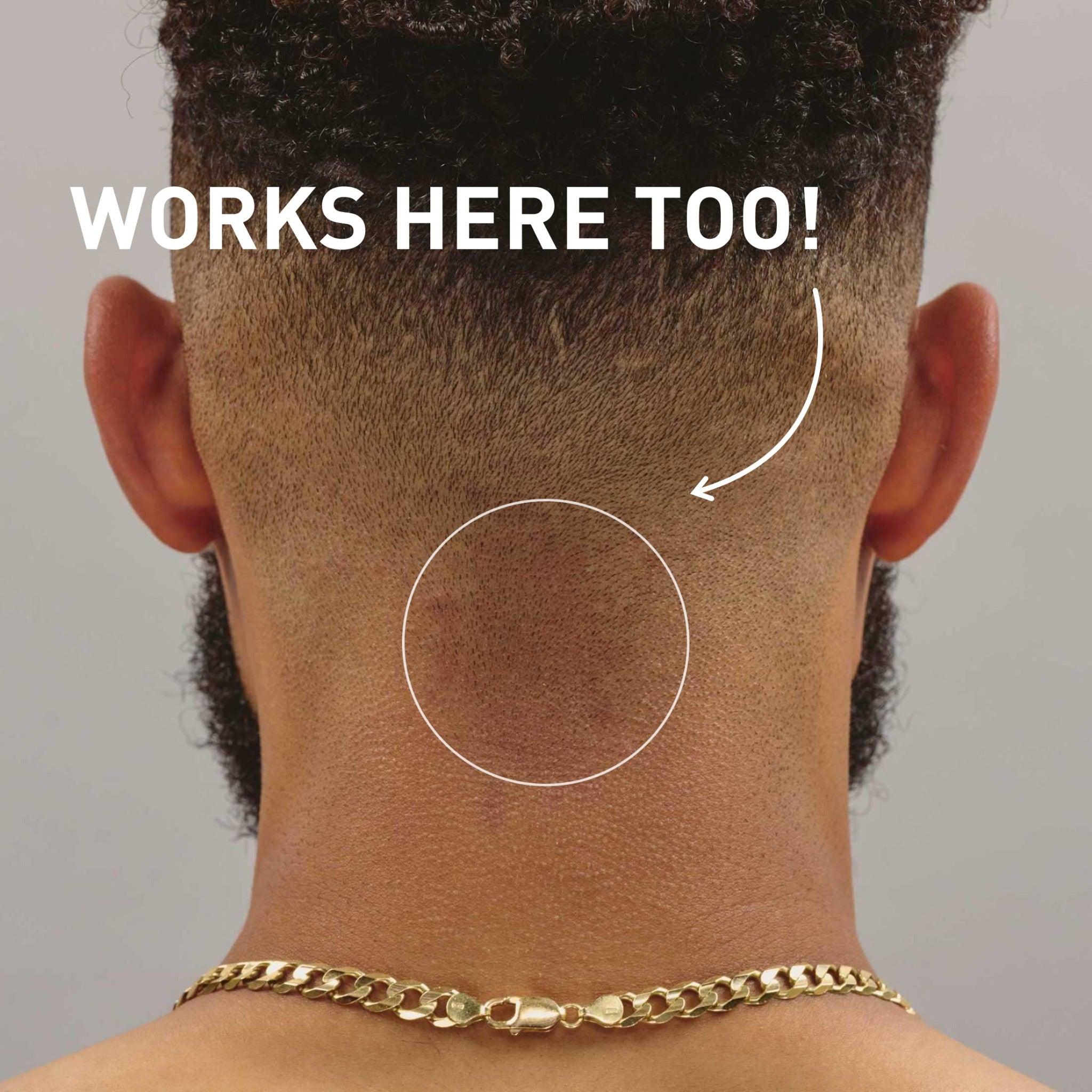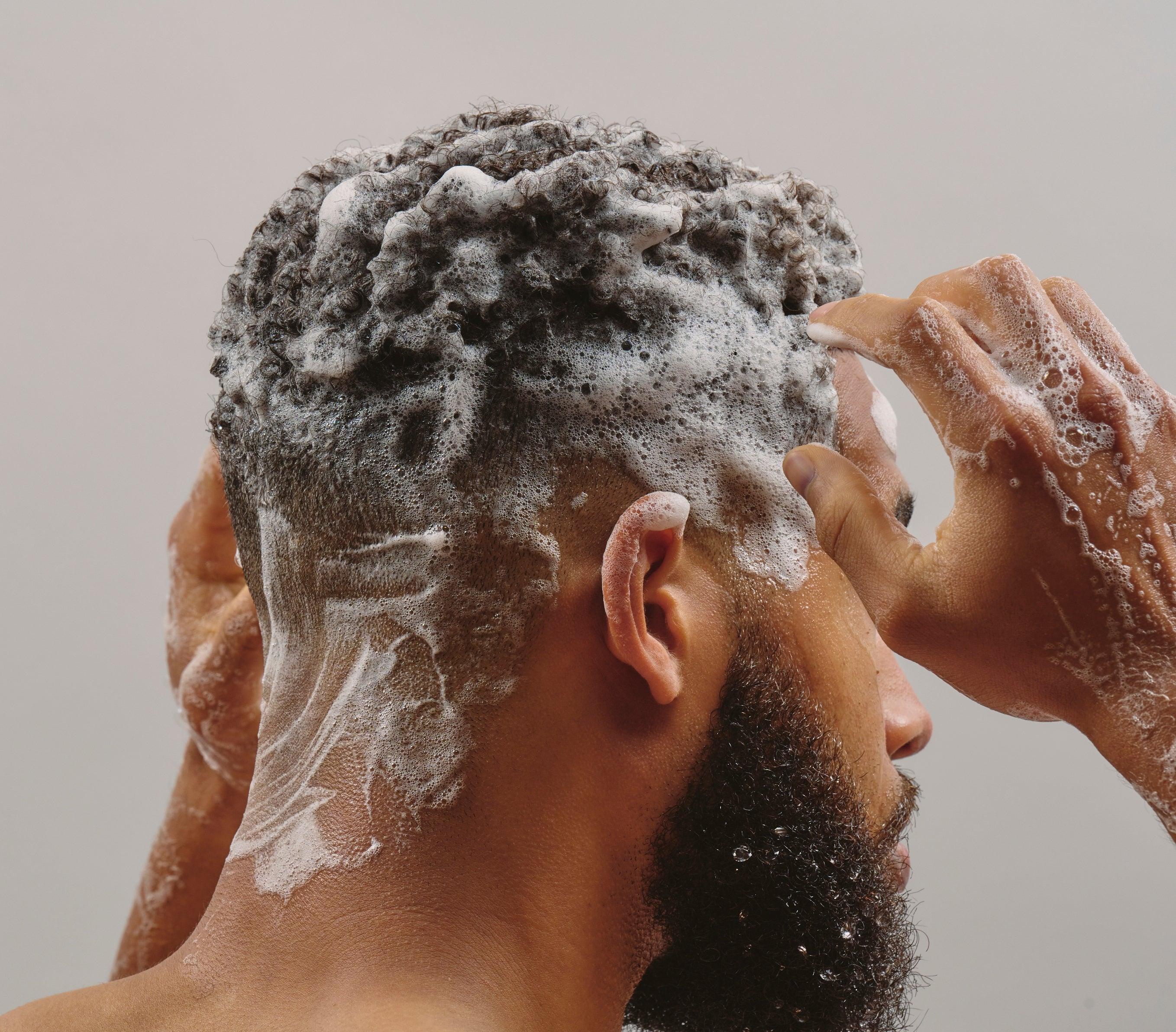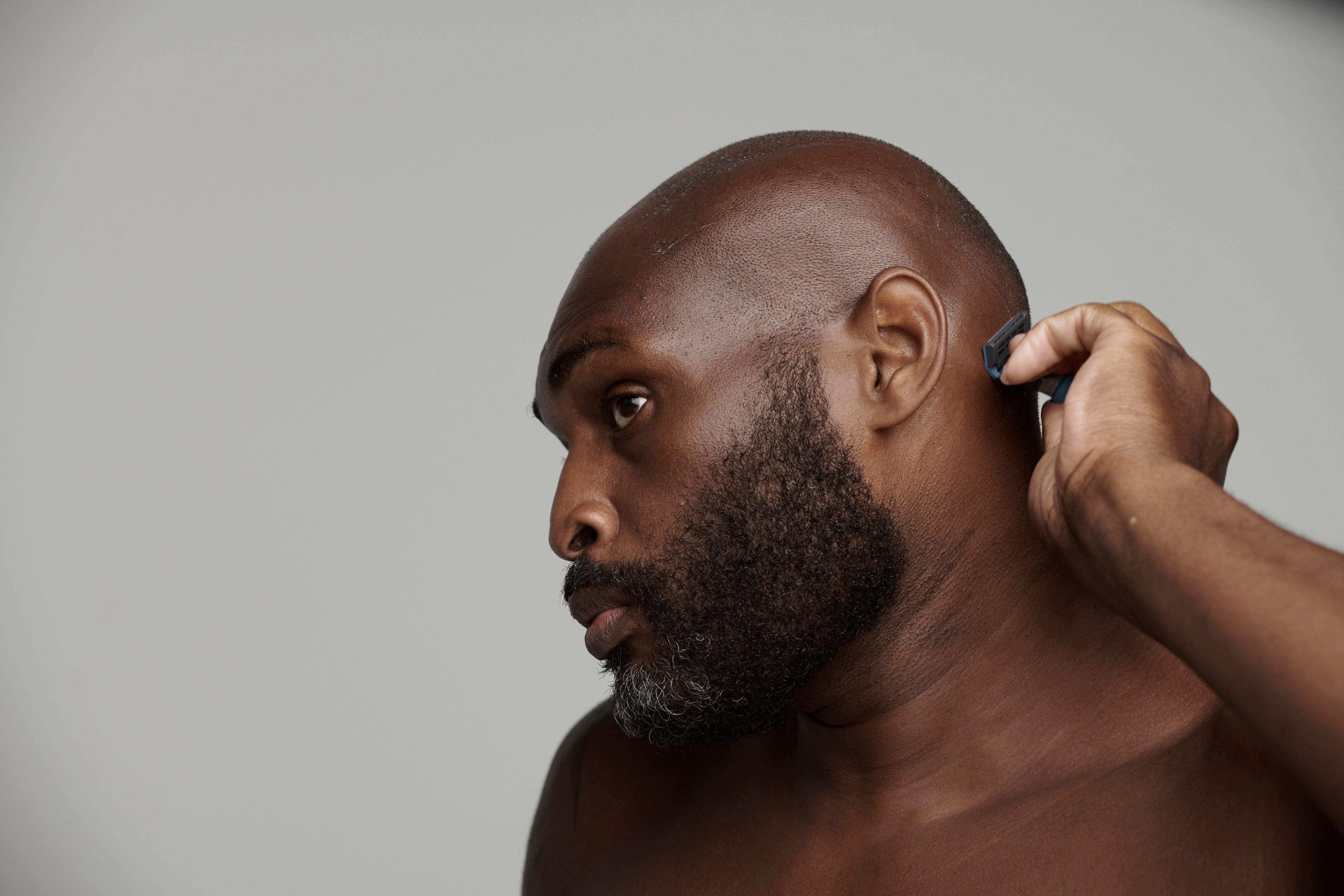This November not only does your vote count, but so does your overall health...more specifically your mind, testicles and, ahem, prostate. That's right we’re talking about Movember the time of the year when you can grow out your lip fur—and not look like a creepy ‘80s porn star—in the name of raising awareness for men’s health issues.

Below, we’re breaking down the purpose, pinpointing why Black men should pay close attention to their health, and offer a bevy of resources to get started. After all: health is wealth (and sometimes hairy.) Gentlemen welcome to Movember 2020!
MOVEMBER 101: WHAT DOES IT MEAN
Let’s get this straight: Movember is not a replacement for Thanksgiving. I repeat: Movember is not a replacement for Thanksgiving. This is not a plot (or hotep scheme) to replace turkey, football, and outdoor tailgating with facial hair, self-care, and annual physical. But in a way it really is: those actions are just as important as tossing around a pigskin, lighting up the grill to frying a turkey or overcooking a steak.
Movember was created to take a stand and bring awareness to life-saving issues that men tend to ignore. The invisible symptoms that tend to linger inside are bound to make an appearance outside, and that is why we fight for your rights, your healthy rights to be specific.
Since its inception in 2003 with “30 Mo Bros,” Movember’s main objective has been to address the unique challenges of men’s health with non-traditional dialogue surrounding facial hair and how the correlation between those health-meets-hair is kismetic.
The result? More than 1,200 men’s health projects globally that addresses the most popular of ailments: mental health, suicide prevention, prostate cancer as well as testicular cancer and a host of other medical issues.
Believe us, it is more than just growing upper lip hair; it’s about leading by example. And, ensuring your voice is loud enough so that everyone hears you loud and clear.
WHERE SHOULD BLACK MEN START?
As a Black men, we are often leery of any medical interventions and professionals. Call us old-fashioned, but we need to face the facts and our fears head on.
According to Everyday Health, “men of African-American descent are at a significantly higher risk of developing prostate cancer than white men. Among Black men, 19 percent — nearly one in five — will be diagnosed with prostate cancer, and five percent of those will die from this disease. In fact, prostate cancer is the fourth most common reason overall for death in African-American men.”
This is problematic, concerning yet avoidable if the proper measures are taken. How can we ensure this does not happen again? By engaging in preventative measure such as:
After those items are checked off your to-do list, the first thing is to begin with a clean shaven face. Think of your mug as a palette and you have to make sure that it is well-maintained.
Our Shaving Regimen (or Beard Regimen) is the perfect kit to get your started and help maintain your face, hairy or not, during the entire Movember season. Invite your friends join in on this challenge by purchasing kits as well. It could possibly lead to a new grooming regimen while supporting a superior Black-owned brand.
RESOURCES YOU CAN USE
Now that you are armed with the proper steps on what and how to participate in this year’s Movember, here are few examples of projects that can be executed at the local and community level:
- NAACP
- National Urban League
- BET
- Black Doctor.org
- Create A Fantasy Moustache League
- Plan Friday Night Virtual Roundtables
- Share Testimonials
- Partner with favorite grooming brands for a fundraiser
- Execute a “Rock The Stache” Fundraiser
And the list can go on and on. The idea is to make these fundraising efforts as realistic as possible. No need to overcomplicate or go out of your comfort zone. The only thing to remember is this is not about you, it is about your sons, uncles, fathers, grandfathers and brothers. So take heed and proceed!
SO, WHAT HAPPENS AFTER MOVEMBER ENDS?

Who says it has to end in your life? Let’s implement these practices into our everyday lives; we have the information so let’s continue to make better choices. Now that we know better, we should be better. Our examples matter—and so do our lives.






